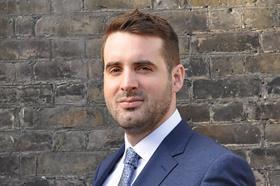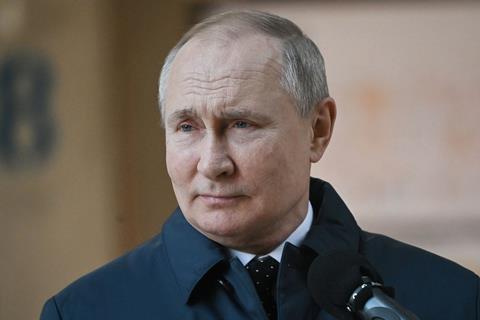Before Russia’s invasion of Ukraine, the secretary of state for the home department, Priti Patel, closed the Tier 1 (Investor) visa category with no formal notice citing it as facilitating economic crime and corruption in the UK.

It is likely that the sudden move was in anticipation of sanctions against Russia and specifically Russian individuals allied to the Russian leadership who were perceived to be benefiting from the Tier 1 (Investor) visas. In light of what has happened since in Ukraine, the closure of Tier 1 (Investor) category fits with government moves to restrict Russian interests in the UK.
However, there was no acknowledgment, transitional provisions or due care given to the many perfectly legitimate applicants who were already in the process of preparing their Tier 1 (Investor) applications. Many had made plans on the basis of meeting the requirements for the visa and had incurred substantial costs.
While there are clearly some bad apples (which law firms and banks are duty bound to root out), the overwhelming majority of Tier 1 (Investor) applicants are perfectly legitimate. Indeed, we had started to see an increase in applicants from continental Europe, particularly Switzerland and France, including families behind well-known companies. These are not Putin affiliates.
Most developed nations offer an investor visa programme and do so without causing a ‘national security issue’ (to use the words of the secretary of state). The Tier 1 (Investor) scheme has raised billions for the public purse over the years in direct and indirect investment. No clear plans have yet been published regrading new visa categories to replace it. Applicants simply do not know at this stage whether they will qualify or not, resulting in plans being on hold and confusion reigning.
Even the process by which the visa was closed is lamentable. A cornerstone of a modern democracy and the rule of law is setting out public policy that individuals can rely on to make life and investment decisions. That is one way in which states make themselves attractive to investment. Knowledge that the state in question will conduct itself in a reliable, steady and foreseeable manner is important.

While the move might have been motivated by the anticipation of Russia’s invasion of Ukraine, public policy changes should not see wholesale closure without notice. Our common law jurisdiction also has a long and proud history of incremental changes in the law. This conduct has been opening the floodgates in reverse. Patel has closed the floodgates with no flood and without any thought given to those applicants who were already in the process of applying with perfectly bona fide funds to invest.
There were far more targeted and accurate tools that the British authorities had at their disposal to target Putin’s inner circle, some of which have since been deployed. The investor visa simply does not play any major part in facilitating money laundering. An individual does not need to be present or resident in the UK to purchase property and an investor visa is not necessary to invest in assets in the UK.
The UK still does not (yet) have a register which publishes the beneficial ownership of property, despite the government having set out its intentions in that regard in 2019. Banks and law firms remain regulated in exactly the same way regardless of whether a client has an investor visa or not. The visa category has become symbolic of something far greater. On the whole, it is used by high-net-worth individuals who wish to access the UK for its schooling and the lifestyle the UK offers, to allow them to do business here in person, and to ultimately become British given the UK’s status as a safe haven in contrast to many politically unstable regimes abroad.
Many simply do not want to go through the regular administration and costs of applying for visit visas and being (at times aggressively) questioned at the airport on arrival.
We have since seen tougher restrictions put in place to stop Putin’s affiliates from enjoying the benefits of being able to come to the UK in person since the invasion began; but by closing the Tier 1 (Investor) visa, the UK is turning away many legitimate applicants who would have brought their wealth to the UK.
Matt Ingham is a partner at Payne Hicks Beach, London































No comments yet